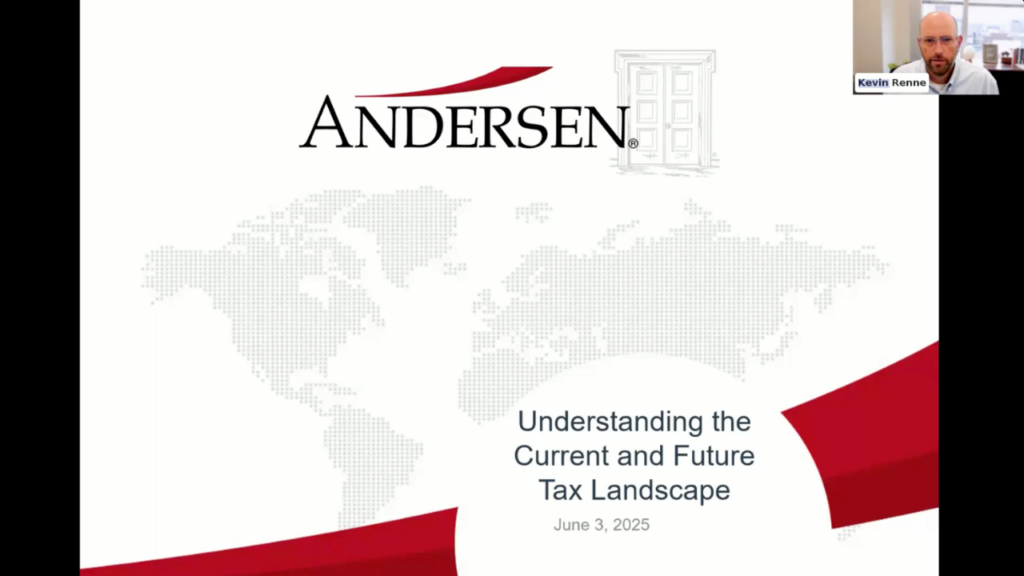The late nineteenth century is sometimes referred to as “the Gilded Age” in part because of the immense fortunes that were built by some of America’s most famous industrialists: the Vanderbilts, the Rockefellers, the Fords, the Goulds, and others. These and a handful of other families created vast industrial and commercial enterprises that represented a huge percentage of the American economy.
But not all of them were equally successful at holding onto those fortunes over time. In fact, the Vanderbilts and the Rockefellers are often presented as a case study in contrasts: While the Rockefeller fortune is still healthy today—indeed, still growing and supporting not only the family but a host of philanthropic causes—the Vanderbilt fortune was largely dissipated within a few decades of its founder’s passing.
What’s the difference? In large part, the answer lies with the education and preparation of the next generations. Though Cornelius Vanderbilt provided a fortune for his family and also supported many causes during his lifetime—including the founding of the university that bears his name—he did an inadequate job of preparing his heirs for the responsibilities that come with great wealth. John D. Rockefeller, on the other hand, spent years carefully assembling a plan to secure the legacy of the wealth he had amassed. The plan included educating his heirs, establishing a solid governance structure, and designing legal structures that could ensure that the estate was managed for both tax efficiency and continual wealth creation. As a result, even though Rockefeller himself gave over $500 million to charitable causes during his lifetime, the Rockefeller estate today is still valued at some $10.3 billion and continues to generously support philanthropic efforts in medicine, education, global health initiatives, and others.
Over the next two to three decades, some $124 trillion in wealth is expected to pass from one generation to another. How these future heirs handle that wealth will be determined by how well they are prepared for the responsibilities it brings.
Certainly, the basics of proper estate planning with wills, trusts, durable powers of attorney, and other foundational documents are the most important building blocks to establish a multigenerational financial and philanthropic heritage. But in order to create a lasting legacy that can endure for multiple generations, it is vital to put in place structures capable of propagating the proper attitudes, understandings, and priorities in those who will receive the wealth. Not only that, but this “generational wealth mindset” must be passed along to the succeeding generations if a truly multigenerational culture is to be preserved, maintained, and enhanced for future heirs.
Who’s on Your Team?
Though fortunes may be established by hard work and visionary effort, a different skill set is often called for to achieve the multi-generational propagation of that fortune. In other words, the help of professional, experienced, and fiduciary advisors can greatly enhance the likelihood that what is built by the founders is not squandered by their heirs. As wealth increases, the importance of issues like taxation, estate planning and conservation, risk mitigation, and investment strategy may come to supersede the influence of the founders. Founders who obtain such guidance and advice are much more likely to pass along significant wealth to their heirs than those who “go it alone.” Your wealth management team, then, should include not only a qualified wealth advisor, but also the legal, tax, and risk management experts who can help you plan ahead for the emerging issues that can adversely affect your wealth-building efforts.
Looking Ahead
Those who wish to build generation wealth should nurture a multi-generational culture of financial education. The importance of establishing a family culture of planning and discipline is underlined by the contrasting stories of the Vanderbilts and the Rockefellers, as we’ve already seen.
Building a culture of wealth and philanthropy can begin very early and, at the beginning at
least, need not involve attorneys or accountants. According to one philanthropic advisor, it all starts in early childhood with learning empathy for others. Comforting an ill sibling or friend with the gift of a treasured stuffed animal may foster feelings of generosity toward those in need. That impulse is the beginning of the philanthropic mindset, and it can be learned, even by young children, if parents and other caregivers stay alert to possibilities. Then, as the future leadership generation ages, it is important to engage them in substantive conversation about family goals for wealth-building and philanthropy. At a certain point, future leaders should be introduced to trusted financial and legal counselors and educated about the use of trusts, donor-advised funds (DAFs), annual gifting, and other matters. Some families may even wish to hold “family meetings,” perhaps during the holidays, to discuss charities and other worthy causes under consideration for philanthropic giving. Transparency from the older generation about the importance of sound financial management and philanthropic goals will go a long way toward instilling the proper attitudes and sense of responsibility in those who will one day take the reins. Personal stories that highlight the importance of these principles can give life to the family vision for future generations.
Putting It All Together
The type of planning and strategy needed for ensuring a durable family financial and philanthropic legacy requires considerable forethought, careful planning, and an overarching strategy that goes beyond the limits of “normal” estate planning. Such planning may involve the use of various kinds of trusts, funding that may involve structured life insurance products, and, above all, effective education of the next generations that inculcates the core values and vision of the founders.
As a fiduciary financial advisor, JFS Wealth Advisors specializes in helping family stewards utilize donor-advised funds, trusts, and other estate planning tools to maximize their philanthropic efforts. We can also help and advise concerning the all-important education of the next generation of leaders. To learn more about our family wealth services, please visit our website.
JFS Wealth Advisors is not a law firm or a CPA firm. The information provided in this blog is for general informational purposes only and should not be construed as legal or tax advice. Please consult with a qualified attorney or certified public accountant for advice specific to your circumstances.



















